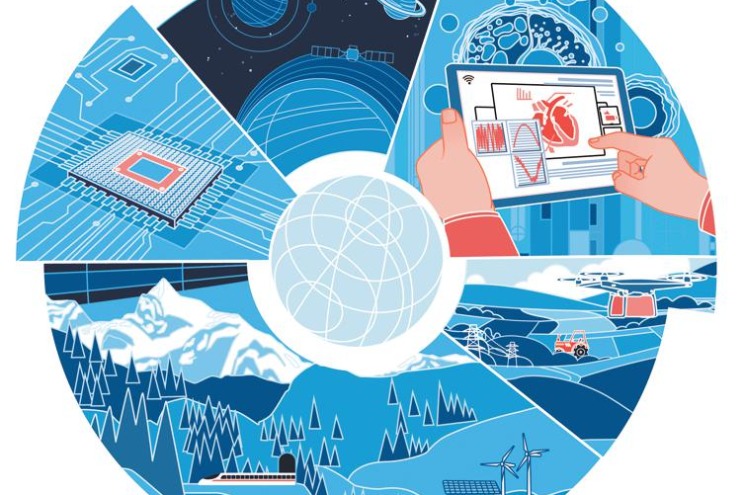CPI, PPI expected to improve due to strengthening of policy measures


China's consumer price index, a preliminary indicator of inflation, rose 0.3 percent year-on-year in May, on par with that in April but down 0.1 percent month-on-month, and the producer price index, an indicator of factory-gate prices, dropped by 1.4 percent year-on-year, narrowing from a 2.5 percent decline in April, the latest National Bureau of Statistics data show.
The main factor affecting the CPI is agricultural products. In May, food prices fell by 2.0 percent year-on-year, and the prices of tobacco and alcohol fell by 1.0 percent year-on-year, bringing the CPI down by about 0.28 percentage points. But pork prices rose by 4.6 percent from a year before and the prices of fresh vegetables rose by 2.3 percent, raising the CPI by about 0.05 percentage points. Among the seven major expenditure categories within the CPI, only transportation and telecommunication prices fell year-on-year in May, while the other six categories saw prices rise year-on-year.
That agricultural products continue to influence the CPI is mainly due to increased supply. Meat production received a big boost after the outbreak of the African swine fever was controlled, leading to long-term oversupply.
Because of imbalances between supply and demand, beef prices fell 3.6 percent month-on-month and 12.9 percent year-on-year in May. In addition, due to the impact of the COVID-19 pandemic, a large number of people who have returned to their hometowns have joined planting and breeding, especially in areas with higher prices and profits, which have also significantly increased their supplies.
As domestic prices are higher than international prices, China has also significantly increased beef imports, with the import from January to March reaching a total of 1 million metric tons, up 22 percent year-on-year. The increased supply over demand in the short term is the main reason for the low prices of agricultural products.
However, the rise in pork prices accelerated in May from the previous month, and the growth momentum continues in June. In addition, weather anomalies such as the current drought in some northern provinces and continuous rain in southern China may affect the output of grain and other agricultural products this year, and push prices up in the months ahead.
On the whole, agricultural products are affected by the increase in domestic supply and imports, while service prices lack the momentum of sustained growth due to soft demand.
In the industrial sector, the government is making persistent efforts to eliminate backward production capacity through equipment replacement and trade-in of consumer goods, carbon reduction, and higher standards, which will release some new demands. With the implementation of a series of policy measures stimulating consumption, the impotent CPI and PPI trend is expected to change.
-21ST CENTURY BUSINESS HERALD

































